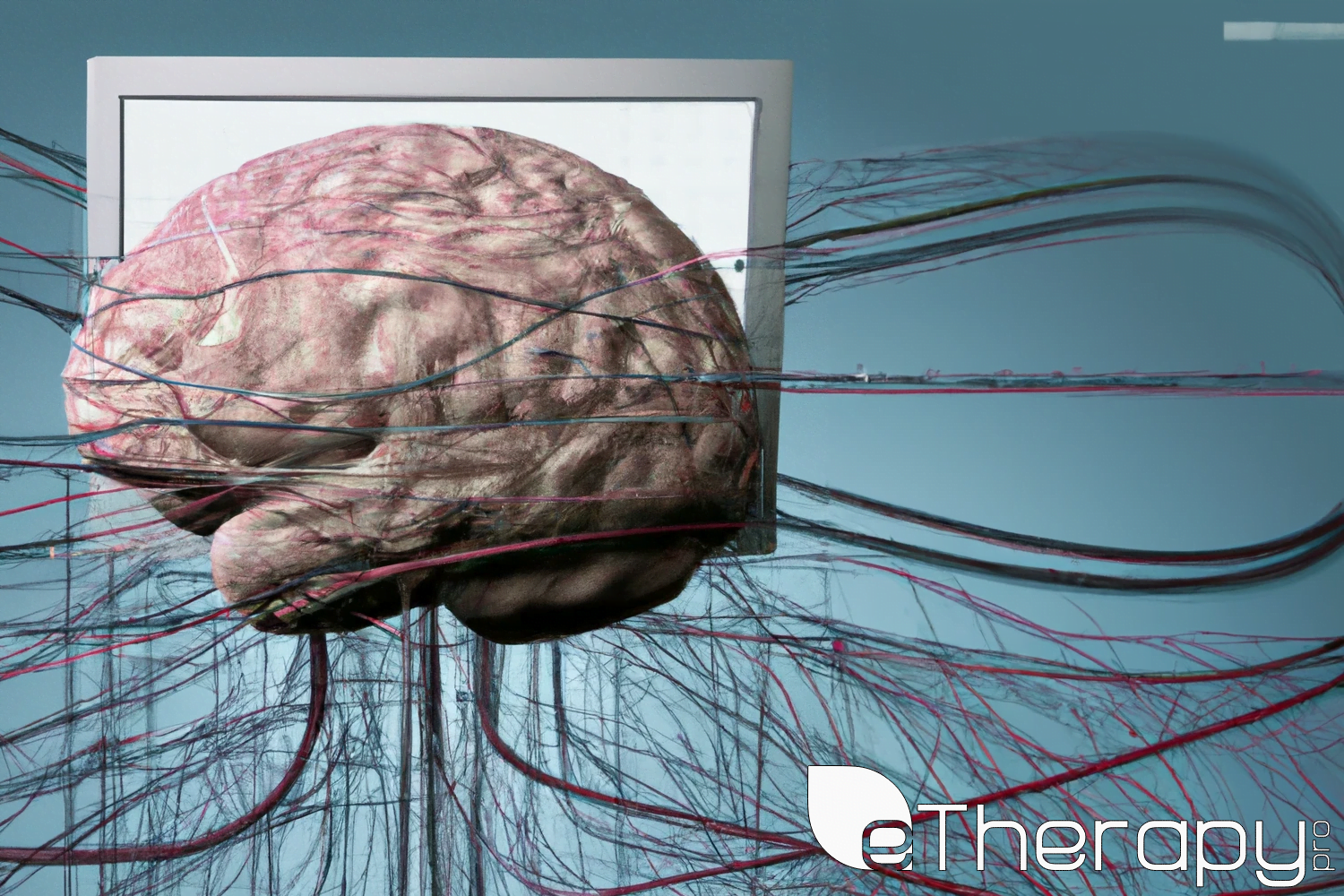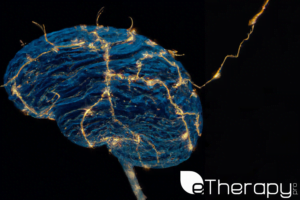 With its intricate networks and countless neurons, the human brain often feels like the universe’s final frontier, right inside our skulls. Yet, imagine it as a masterful control center, adorned with specific switches and levers that guide our every thought, mood, and reaction. Ever caught yourself pondering which particular parts orchestrate the dance of anxiety and overthinking? What if understanding these areas could give us more command over them? As we embark on this cerebral journey, remember: knowledge isn’t just power—it’s the first step to transformation in modern life.
With its intricate networks and countless neurons, the human brain often feels like the universe’s final frontier, right inside our skulls. Yet, imagine it as a masterful control center, adorned with specific switches and levers that guide our every thought, mood, and reaction. Ever caught yourself pondering which particular parts orchestrate the dance of anxiety and overthinking? What if understanding these areas could give us more command over them? As we embark on this cerebral journey, remember: knowledge isn’t just power—it’s the first step to transformation in modern life.
The true sign of intelligence is not knowledge but imagination. – Albert Einstein
The Central Command: Our Brain’s Key Areas
Our brain may seem like a complicated puzzle, but let’s simplify things. Picture it as the “central command” of an incredible spaceship—your body! There are a few “main control rooms” that handle most of the tasks, especially the ones related to overthinking and anxiety, which are increasingly exacerbated by modern life. Let’s take a closer look at these special regions:
The Prefrontal Cortex
Envision this as the captain’s deck of our spaceship. Located right behind your forehead, it’s where you weigh pros and cons, like picking between ice cream flavors or mulling over a conversation you had last week. When the Prefrontal Cortex gets overwhelmed, it’s akin to feeling stuck, overanalyzing everything without reaching a clear decision.
The Amygdala
Our spaceship’s vigilant alarm system. That sudden rush of emotions, like getting stage fright before speaking in a class or feeling your heart race when watching a suspenseful movie? That’s the Amygdala at play. It’s quick to alert but occasionally sounds the alarm a touch too often, diving us into an anxious state.
The Hippocampus
This is the library of our brain, cataloging memories. Recall that uneasy feeling when an old embarrassing memory pops up just as you’re about to sleep, making you relive the moment. That’s the Hippocampus sometimes getting a tad overenthusiastic with its playback.
Environmental Impacts: Overstimulation in the Modern Life & Our Brain’s Response
Overstimulation in the Digital Age
Imagine a time when we didn’t have smartphones buzzing with notifications or countless browser tabs open simultaneously. Life was simpler, right? Now, our brains are constantly being pinged by modern life’s ceaseless stimuli. It’s like asking our spaceship’s command center (our brain) to multitask on overdrive!
Notification Overload
Each ping, ding, or ring is a call for our attention. For our Amygdala, that alert-prone region, it can sometimes be like spotting a potential threat. No wonder we often feel jumpy or on edge just by the mere anticipation of a new message or alert!
The Comparison Trap
Thanks to social media, we’re privy to everyone’s highlight reel. The Prefrontal Cortex, responsible for decisions, gets tangled in overanalyzing our life versus theirs, leading to spirals of self-doubt or overthinking our own choices.
Information Saturation
With the internet at our fingertips, our Hippocampus is at times overwhelmed with the influx of memories and information. Trying to recall a piece of information can turn into a deep dive, making us revisit countless other thoughts or past events.
Today’s digital age, while magnificent in its connectivity and information accessibility, does pose unique challenges to our brain’s age-old functions. Recognizing this can be the first step towards better mental navigation.
Mastering the Switch: Retraining our Control Center in Modern Life
Remember the spaceship’s command center analogy? Imagine having the manual to it. The good news is, we do. While our brain has its default settings formed over years of evolution and personal experiences, it’s also incredibly adaptable. This ability to change and adapt is called neuroplasticity.
The Power of Neuroplasticity
Neuroplasticity is like our brain’s built-in software update feature. It allows our neurons (brain cells) to rearrange and forge new connections. Every time we learn something new or change a habit, we’re tapping into this power. So, if overthinking is a learned behavior (thanks to repetitive responses to certain stimuli), it can be unlearned and replaced with healthier patterns.
Rewiring Through Repetition
Imagine teaching your Amygdala that not every notification is a life-threatening event. It starts with conscious effort. For instance, allocating specific times of the day for checking notifications or deliberately avoiding the social media comparison trap. With repetition, these conscious efforts become automatic responses, and voila! We’ve started the rewiring process.
Seeking Professional Guidance
Sometimes, the circuits are too deeply entrenched, and we might need an expert ‘electrician’ (or a therapist) to guide the rewiring process. Platforms like eTherapyPro can provide the necessary guidance to navigate this complex circuitry.
Tools for Adaptation
It’s common to feel trapped in our patterns of overthinking, but the science of our brain illuminates a path forward. Here are some concrete steps to harness our brain’s adaptability:
Mindful Meditation: By focusing on the present moment, we can train our Prefrontal Cortex to be more decisive and less caught up in endless loops of thought. Just 10 minutes a day can set the stage for a more centered mind.
Digital Detox: Designate tech-free zones or times in your day. This helps your Amygdala to relax and reduces the overwhelm for your Hippocampus. A break from screens before bedtime can be particularly beneficial.
Positive Reinforcement: Celebrate small victories. When you manage to curb an overthinking spree or stay off social media for a set period, reward yourself. It reinforces new neural pathways and encourages positive behavior.
Educate Yourself: Dive deeper into understanding the workings of your brain. Books, seminars, or even online courses can provide valuable insights and strategies. The more you know, the better equipped you’ll be to foster change.
Remember, you’re not stuck with the brain you have; you have the power to shape it. With consistent effort and the right tools, transformation is not just possible—it’s a promise our brain holds.
We are a way for the cosmos to know itself. – Carl Sagan
Conclusion of The Modern Life
Navigating the intricate pathways of our brain might feel like venturing into uncharted territory. Yet, with the insights provided, it’s clear that modern life, while rooted in our biology, is not an unchangeable destiny. The environments we live in and the digital age’s constant stimuli play their part, but our brain’s incredible adaptability is on our side.
Just as we’ve trained our minds to react to certain stimuli over time, with awareness, intention, and sometimes a little expert guidance, we can recalibrate these responses. Remember, our brain, with all its complexities, still has an ‘off’ switch for that incessant overthinking.
So, the next time you find yourself spiraling in a whirlwind of thoughts, remember: your brain is a marvel, adaptable and ready for change. It’s in your hands to master the switch and steer your mind towards calmer seas.









